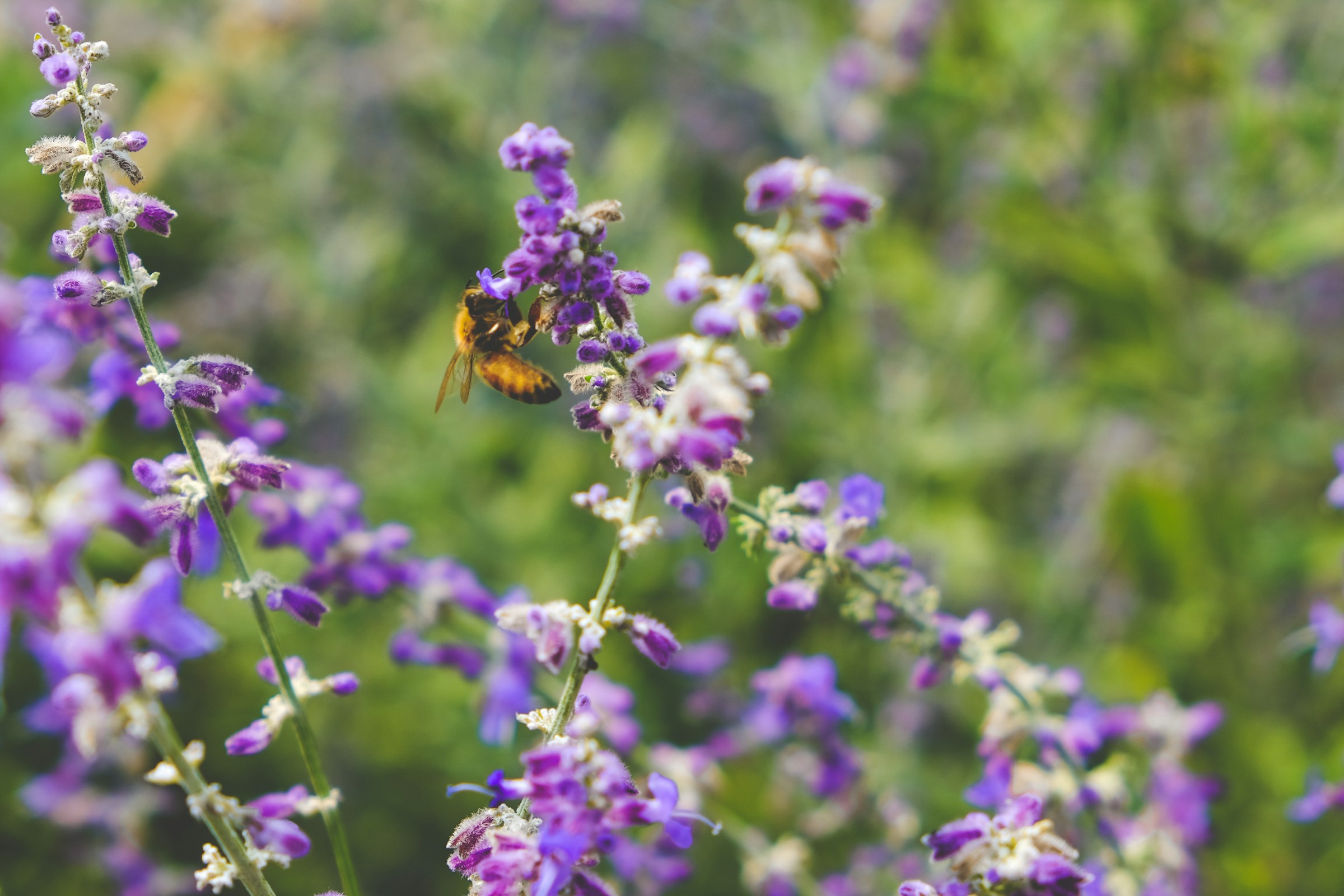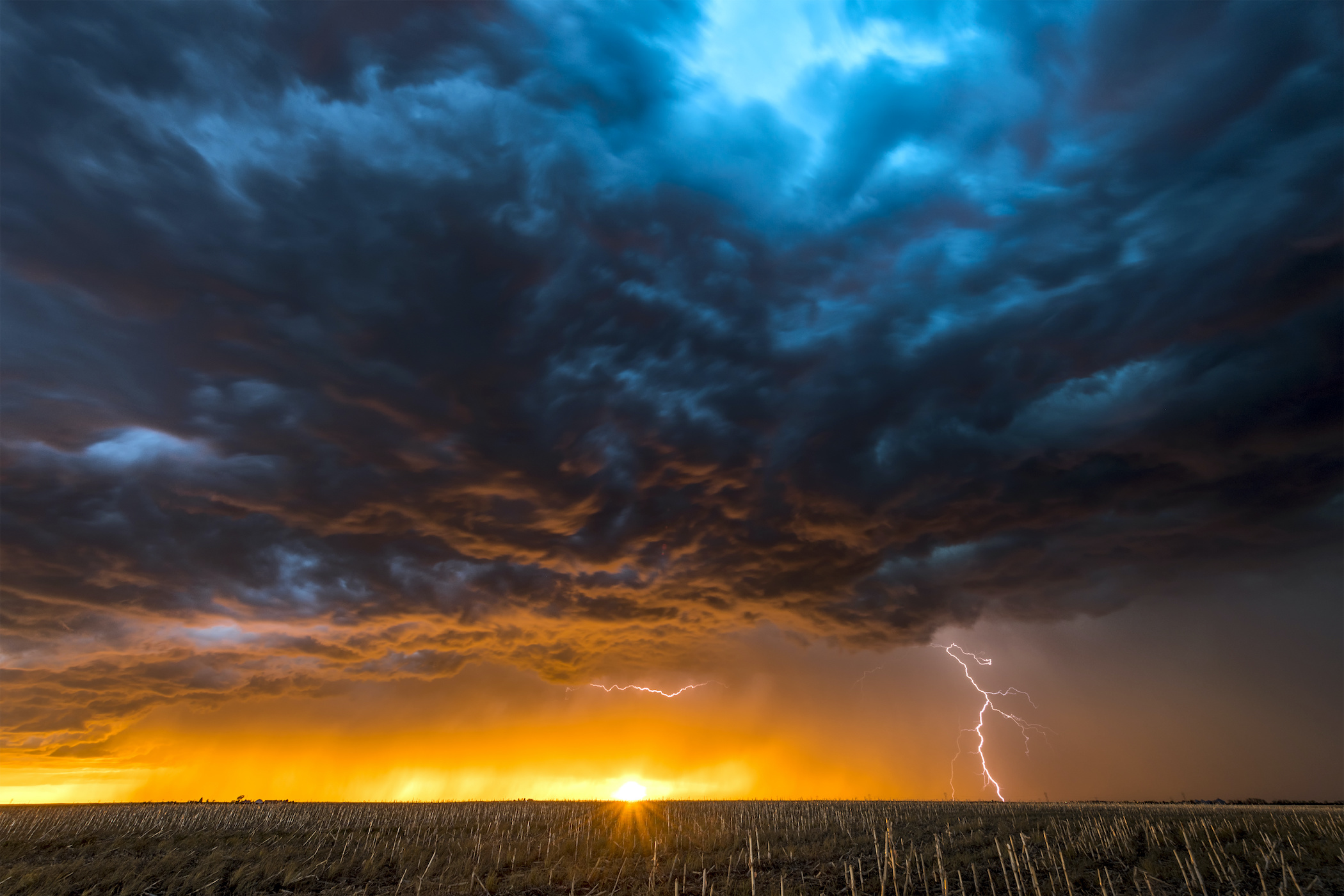Ed Kashi has been at the forefront of new approaches to visual storytelling for 40 years, documenting many of the social and geopolitical issues that define our times. His work has contributed to the success of @EverydayClimateChange.
The critically acclaimed, award-winning photojournalist and filmmaker joined in dialogue with the outstanding science and data journalist Elisabetta Tola and embarked the public on a journey around the world through his images.
Overdramatization makes the story more powerful, sexier, stronger, or more devastating. I always try to be more sober-minded. I never want to be boring, but I’d rather be boring and accurate than sensational and mislead people.
Ed Kashi – Photographer and Storyteller
How important it is also to show that we can do something about it! That is how you inspire people, especially our youth. That’s how we inspire them to get involved, to be engaged.
Ed Kashi – Photographer and Storyteller
The live streaming event was part of the series Seeds. Words that feed the future for the CMCC Climate Change Communication Award “Rebecca Ballestra”.






